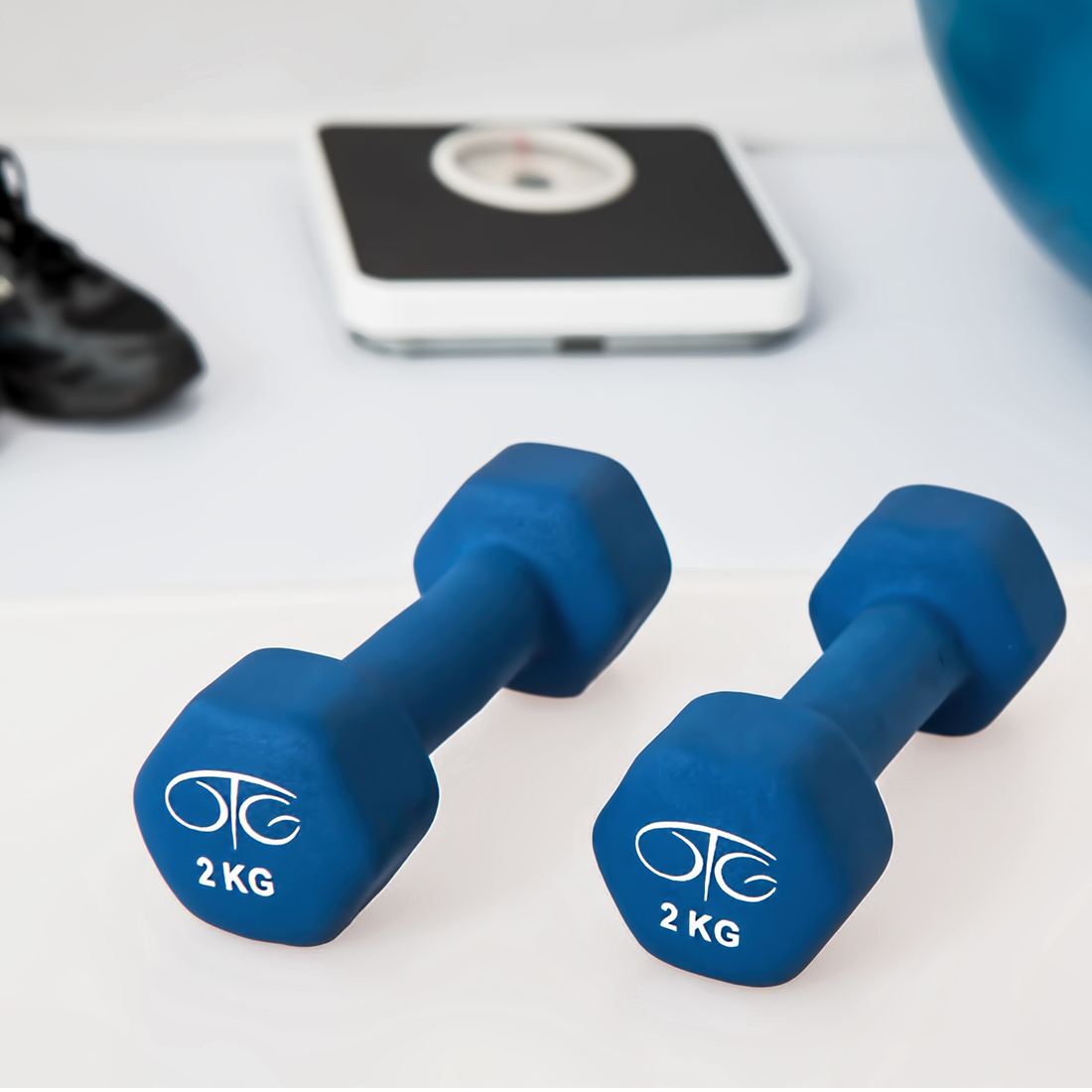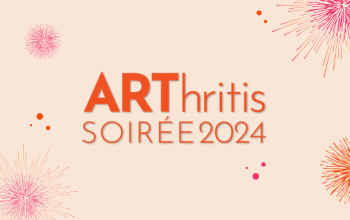Strength Training for People with Rheumatoid Arthritis
As a Post-Doctoral Fellow in Knowledge Translation at Arthritis Research Canada, Dr. Jasmin Ma is focused on supporting strength training behaviour change and developing methods for tailored physical activity interventions for people with rheumatoid arthritis (RA).
Jasmin recently returned from the annual American College of Rheumatology meeting in Atlanta, where, alongside one of her patient partners, Eileen Davidson, were able to present her research to people from all over the world. We sat down with her to learn more about her study, I START – a strength training research project developed specifically for people with RA. Jasmin’s research looks at barriers unique to people with rheumatoid arthritis and the types of considerations that are necessary when it comes to strength training.
 What does I START Strength training stand for?
What does I START Strength training stand for?
The research project name, I START stands for “Improving Strength training and Tailoring in rheumatoid ARThritis”.
Tell us more about your research project?
This research is a series of projects under the umbrella of improving strength training behaviour. The project answers questions including, “How do we help people with RA do more weight training for the long-run?” and “How do we tailor exercise programs for people with RA?” What we do know is that there is no one-size-fits-all approach.
To properly conduct the study, we need to understand an individual’s unique situation by probing for personal goals, motivators, barriers, available time and resources, abilities and limitations, preferred exercise environment and activities, and communication style. We look at the end-user experience and whether using a tailored approach will actually work.
We have limited information on how to enable and tailor strength training exercises for people with RA. There have only been two other behavioural interventions to improve strength training among people with arthritis and they are focused on people with osteoarthritis.
This project is combined with an interview study component in which people with RA provide feedback on what helps and doesn’t help when participating in strength training exercises. This allows us to take this information, apply behaviour change theory and iterative feedback from end-users to find solutions for people with RA.\
Why is strength training important for people with RA?
There is a lot of evidence to show strength training is equally as important for health as aerobic exercise, and in many cases, can provide benefits that aerobic exercise can’t. In previous studies involving people living with RA, we have learned that strength training can decrease pain, fatigue and joint inflammation, while improving strength. Strength training can help your bones and muscles, and importantly, the ability to remain independent.
What is it like to participate in this study?
We’ve recently wrapped up interviews with people with RA asking about what helps and what doesn’t help, and how their strength training experience can be made better. We’re now in the process of collaborating with the Arthritis Research Canada’s Patient Advisory Board (APAB) who are able to provide a lived experience and give first-hand feedback. This combined with a theory-based method that guides us to move from identifying the ‘problem’ to developing actual solutions has created an agenda of next steps.
In the next phase, we’re looking to gain a better understanding of guidelines for prescribing strength training for people with RA, for example, when in a flare, experiencing pain, or fatigue. We will be working with patients and healthcare providers and triangulating their perspectives with the available evidence to develop an RA-specific strength training prescription resource.
Why is it important to get a patient’s perspective?
As a research trainee, I know the steps and methods needed to conduct research, but cannot speak for the lived experience. If we want to help people with RA to strength train, we need to be asking how we can help in ways that work for them.
With as little as 1-14 percent of people with rheumatoid arthritis doing strength training it is becoming increasingly important to learn about how to incorporate this important disease management strategy into their everyday lives.






 What does I START Strength training stand for?
What does I START Strength training stand for? 



















































